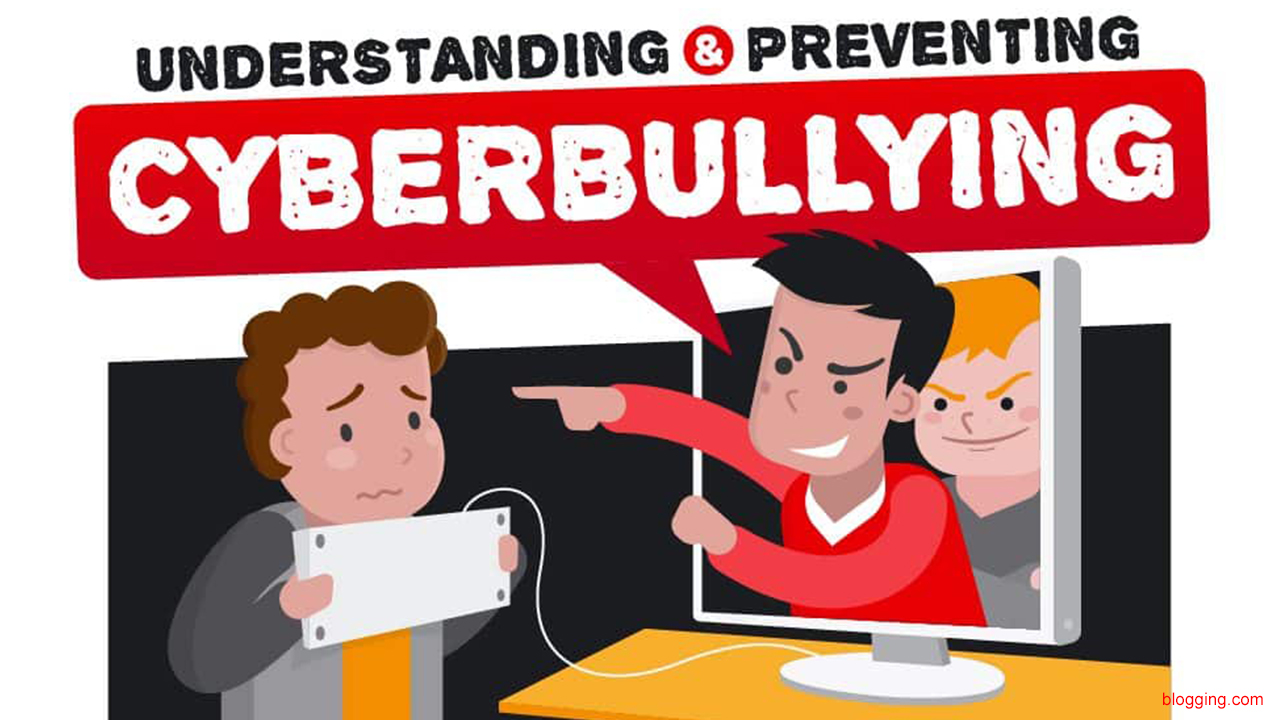Researchers have found that children who had been cyberbullied showed significantly higher severity of Post-Traumatic Stress Disorder (PTSD) and signs of depression compared to others who were victim of such bullying.
In the study, the researchers observed that even against the backdrop of emotional challenges, cyberbullying had an adverse effect on children. This kind of bullying can be viral and persistent. It is personal in nature – a direct negative comment aimed at demeaning and making the person feel bad for his / her act, appearance, behaviour etc.
The research showed that being online regularly on social media did not encourage cyberbullying. The major reason was the fact that adolescents who have been bullied in the past had a higher risk of getting bullied again.
The study conducted on a group of participants showed that half of the participants were bullied by text messages and half on Facebook. Transmitted pictures or videos, Instagram, instant messages and chat rooms were other vehicle of cyberbullying.

 Because of its reach, cyberbullying is more dangerous than other forms of bullying.
Because of its reach, cyberbullying is more dangerous than other forms of bullying. 









.jpeg)

.jpeg)
.jpeg)
.jpeg)

.jpeg)
.jpeg)
.jpeg)
_(1).jpeg)

_(1)_(1)_(1).jpeg)
.jpeg)
.jpeg)
.jpeg)






